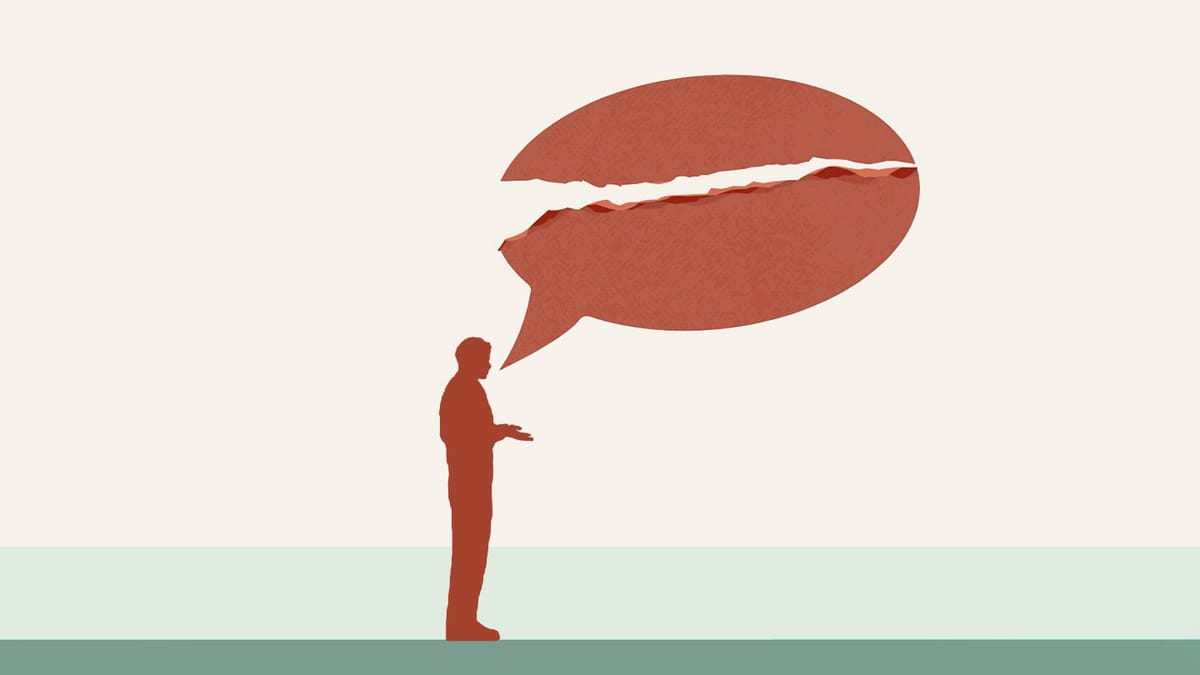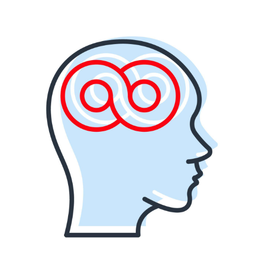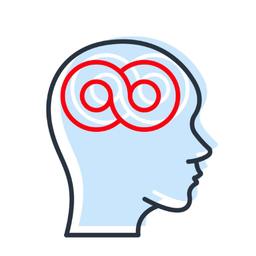The Psychology of Things We Never Say

Every conversation has two layers:
The words we speak… and the words we swallow.
Psychologists call this emotional withholding, the choice (or reflex) to hide what we really feel, either to protect ourselves, avoid hurting someone, or simply because we can’t find the courage.
We nod instead of asking for clarity.
We say “I’m fine” when we’re unraveling inside.
We don’t tell someone we love them until it’s too late.
Why We Keep It In
Human brains are survival machines, not truth machines.
From childhood, we’re conditioned to read the room before we reveal ourselves.
- We fear rejection if our truth doesn’t fit the moment.
- We fear conflict if our words shake someone’s comfort.
- We fear vulnerability because it hands someone the power to hurt us.
Over time, this fear becomes habit, and habit becomes personality.
The Hidden Cost
What’s unsaid doesn’t disappear. It lingers in the nervous system, showing up as tension in the shoulders, a restless night, a gnawing sense that something in life feels unfinished.
Psychological research shows that unexpressed emotion increases stress hormone levels and can even shift our memory of events, making them heavier, more painful, and harder to process.
The longer we hold it in, the heavier it gets.
Breaking the Silence Loop
Here’s the paradox:
We stay silent to protect relationships, but silence is what slowly erodes them.
Speaking honestly doesn’t mean blurting every thought. It means finding the courage to reveal the truth that matters, even if your voice shakes.
You can start small:
- Write down what you wish you could say, then read it aloud to yourself.
- Share one “small truth” with someone you trust.
- Notice the body language of relief when honesty finally lands between two people.
Why It’s Worth It
When you say the thing you’ve been holding back, the apology, the thank you, the “I love you,” the “I’m scared”, you don’t just lighten your load.
You invite the other person to do the same.
And that’s how emotional walls come down: one unspoken sentence at a time.
We think our unspoken words protect us from pain, but often they only protect us from life itself.
Say it before it becomes a regret.
Because silence is safe, but truth is alive.
💙 Help Us Keep Minds Heard
If our words have touched you, support our mission for mental health.














